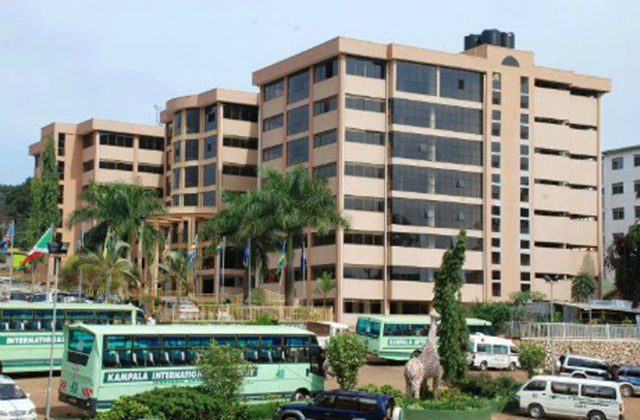The Decline of African Universities, Hope and Despair on the Postcolonial Campus
Beset by poverty and a lengthy record of injustice, that area of South Africa problems to meet up actually the most standard wants of food, protection, and water. The sections between South Africa’s first and next worlds exist at every strata of the country’s culture: race, language, employment, and – many really, as we’re learning – education.
It’s a safe assumption that young ones from poor backgrounds get a decrease quality knowledge than children from more affluent backgrounds. Scientists and policy analysts attended to the conclusion around and once again, and the structure is sensible: poor communities merely have less methods to dedicate to maintaining high quality teachers, giving use of textbooks, and employing programs that promote positive parent involvement. What’s not at all times therefore obvious, however, is how inferior training supports the categories between rich and poor and deepens the trap of poverty. Nowhere is that more correct than in South Africa, where departments and inequalities work so deep.
A new record from Stellenbosch College, South Africa’s most dependable and best position college (and still another exemplory case of the country’s first-world infrastructure), recently unearthed that as early as third rank, students in the most effective 20-percent of money degrees already are far outperforming other children. What does this suggest when it comes to perpetual poverty? Kids from poor neighborhoods continue to get a low-quality education, and continue steadily to under-perform their wealthier competitors, entirely as much as the time if they eventually keep school. At that time, they’re less qualified to be appointed for well-paying jobs, and more probably be unemployed and remain in poverty. The pattern of poverty continues Best Business and Management School.
Colleges in poor towns in South Africa receive a high level of community funding, so it appears that that redistributive strategy must put poor schools on par with affluent ones. However, colleges in wealthier areas have the main advantage of being able to cost high school charges for their students. Consequently, colleges in affluent communities are merely greater off economically – and this means decrease student to teacher ratios, the capability to keep greater educators, more books for pupils, and more extracurricular activities.
Parental support, cultural norms, and the worth that communities place on knowledge is important, too, so seeking just at a school’s economic status won’t ever color a whole picture. Nonetheless, the same report discovered that when students from poor communities enrolled in colleges in more fortunate areas, these students done better than pupils of the same socioeconomic and social history who kept in their town school.
This really is where the Khanyisela Scholarship comes in. While we can’t modify the residing situation of the orphaned kids at St. Vincent’s Home, or modify those pieces of these lives which are so damaged, or modify the sources obtainable in their neighborhood schools, we could change where they can head to school. We are able to give them the support and financial way to attend an improved school and get a top quality education. We can give them a path out of poverty.
Throughout the last two decades, Africa undergone significant difficulties in adopting on line applications on their tertiary knowledge systems. This was largely as a result of not enough high-speed web infrastructure, not enough local effort on education plans, and issues arising as a result of geographical and socio-economic circumstances. Through the 90’s, many nations in Africa were still counting on radio transmitters and telephone techniques as the principal setting of interactive communication. And these connection methods are confined only to the advantaged metropolitan areas. Just until the quick growth of internet access that began in the late 90’s when African location experienced significant changes in the Start and Range Understanding (ODL) way of education.



 ironment. It is very important to target on these differences thereby permitting your self to really make the choice of if playing poker card games on line is the proper choice for you.
ironment. It is very important to target on these differences thereby permitting your self to really make the choice of if playing poker card games on line is the proper choice for you.